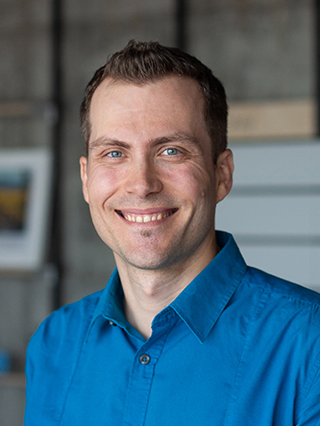

Marián Šimko
Principal Investigator, Scientific Coordination Committee, Executive Board
In the DisAI project, the Kempelen Institute of Intelligent Technologies, DFKI, University of Copenhagen and CERTH joined forces to improve scientific excellence of KInIT in AI and language technologies to fight disinformation.
DFKI, University of Copenhagen and CERTH will be KInIT’s partners and mentors in the project focused exclusively on increasing KInIT’s scientific excellence, expertise and competences.
The R&I ecosystem of Slovakia suffers from a lack of scientific excellence and industry-academia collaboration. Gross Domestic Expenditure on R&I from the private sector in 2020 was 0.5 % of the Slovak GDP, being one of the lowest in the EU. Challenged by the lack of internationalisation, “academic inbreeding” and brain drain (second highest in EU), Slovakia continually ranks on the tail of participation and success rates in EU funding programmes.
The main objectives of the project are improving scientific excellence of KInIT in the selected areas of AI and LT, and strengthening research management and administrative skills and support for excellent research at KInIT.
We focus on disinformation combating, which we consider one of the most important societal challenges to tackle. We already have a rising research track/record and involvement in international initiatives in the area of information disorders. Strengthening KInIT’s competencies will be achieved by building its capacity in three focus areas:
1. KInIT – 1st institute of its kind in Slovakia
2. Improving research excellence in the selected areas
3. Partners from leading counterparts in the EU
4. Strengthening research management and administrative skills


Principal Investigator, Scientific Coordination Committee, Executive Board
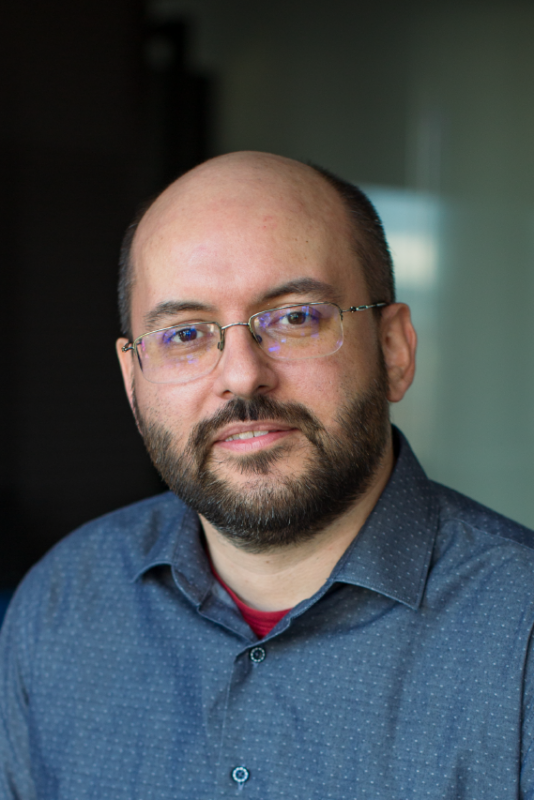

Research Component Lead, Executive Board
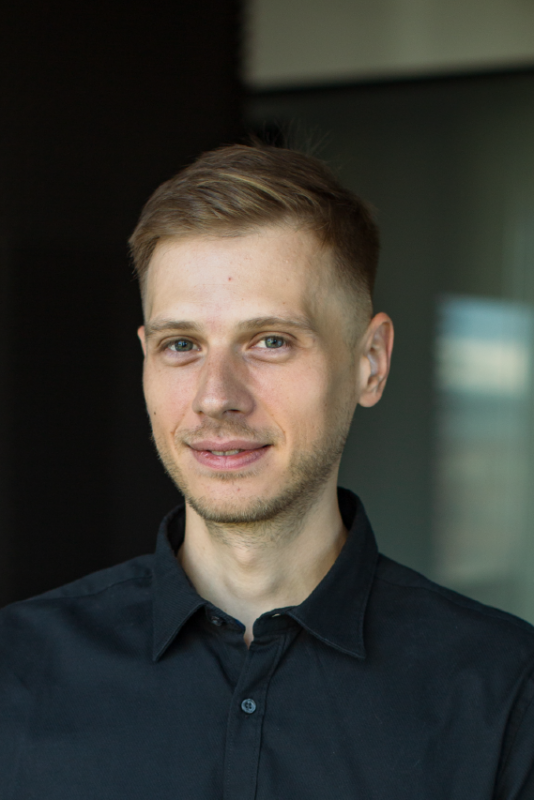
Research Management Lead, Scientific Coordination Committee
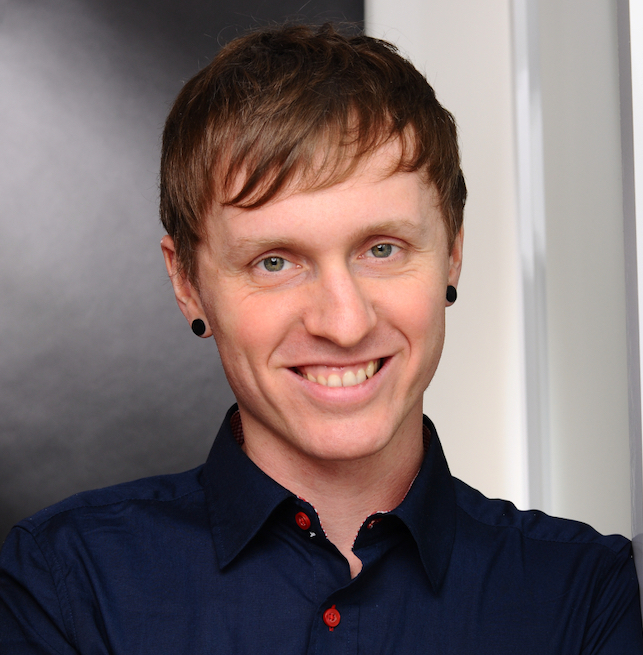
Principal Researcher, Scientific Coordination Committee, Executive Board

Principal Researcher, Scientific Coordination Committee
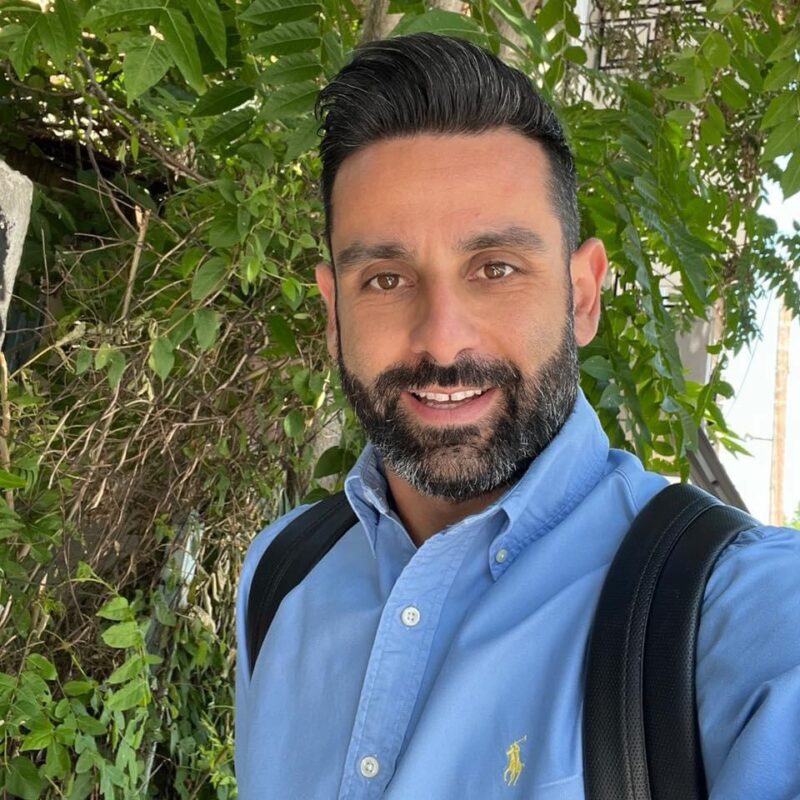
Project Lead, Executive Board

Principal Researcher, Scientific Coordination Committee, Executive Board
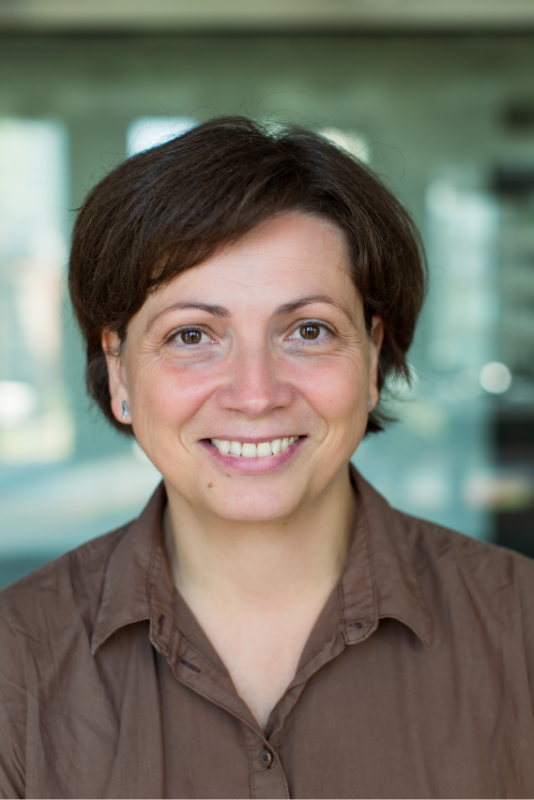
Project Manager

Principal Researcher, Scientific Coordination Committee, Executive Board (dec 2022 – jun 2023)
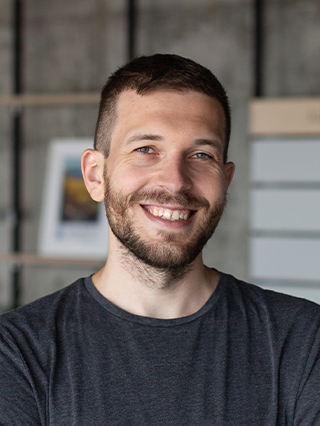
Research Component Lead, Executive Board (dec 2022 – jan 2024)
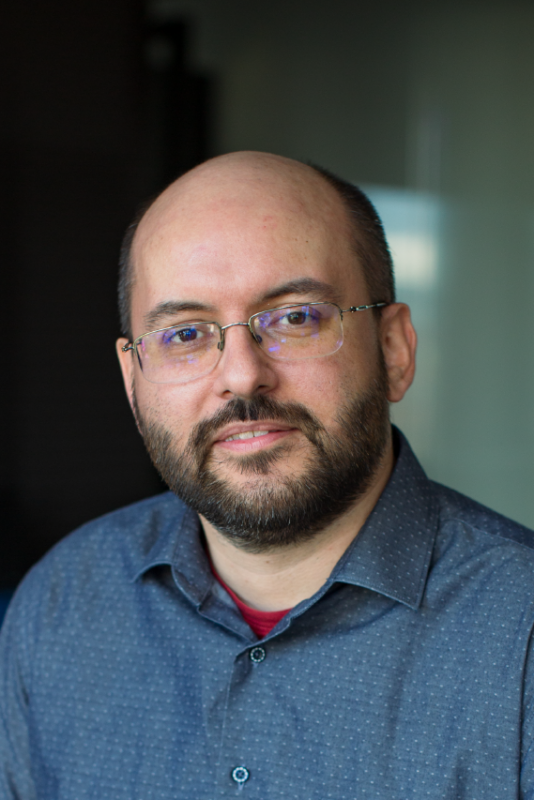
CBFA Lead Researcher

Principal Researcher
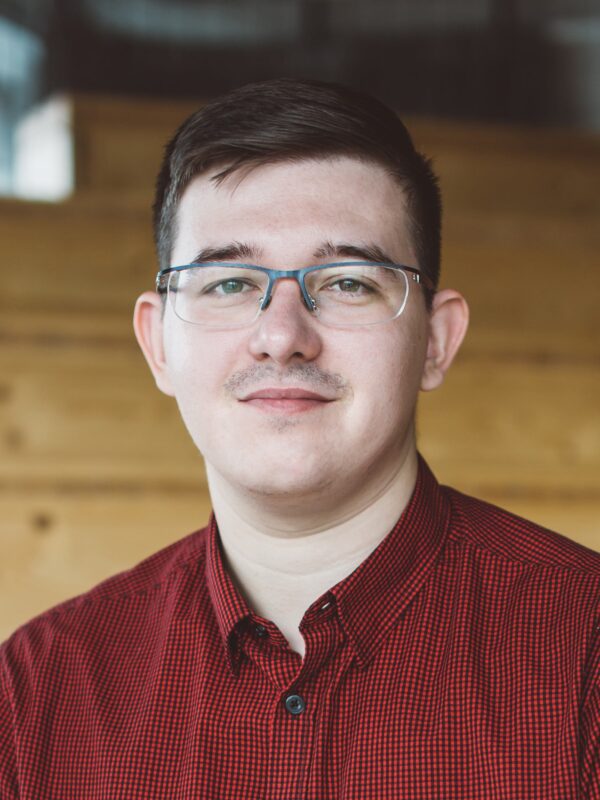
PhD Student

Researcher
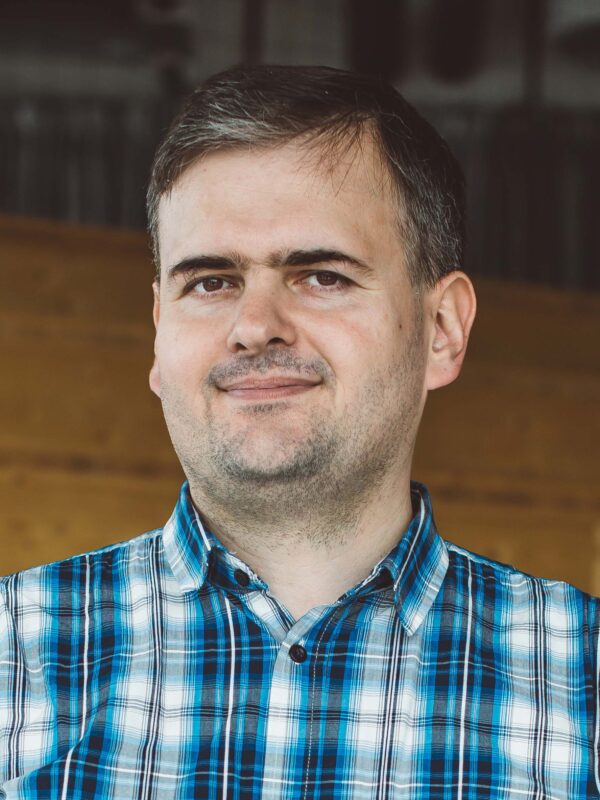
CBFA Lead Researcher

Principal Researcher

Researcher
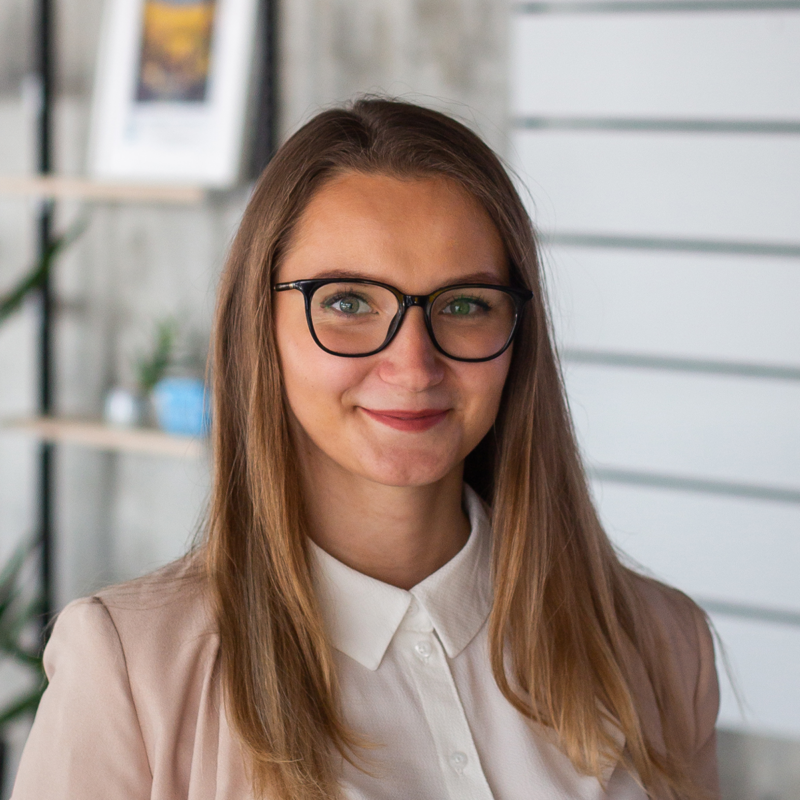
PhD Student
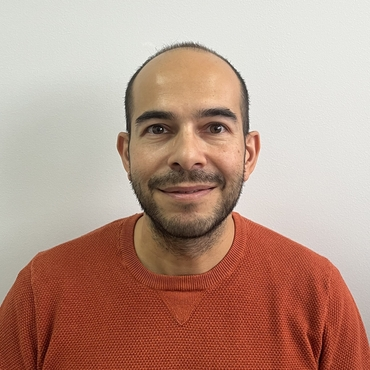
PhD Student

Researcher
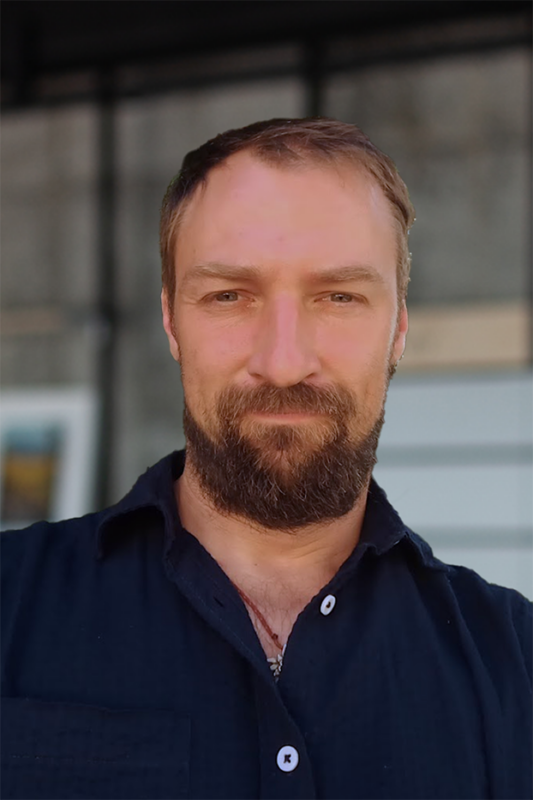
Researcher
The Twinning scheme aims to enhance networking activities between research institutions from the Widening countries and top-class leading counterparts in the EU. We set our main goal to help safe-guard digital society in Slovakia and beyond by improving scientific excellence and creativity of KInIT in combating harmful content with artificial intelligence (AI) and language technologies (LT).
The main objectives of the project are improving scientific excellence of KInIT in the selected areas of AI and LT, and strengthening research management and administrative skills and support for excellent research at KInIT.
The research project will focus on claim matching as a representative task of disinformation combating. We will focus will be on raising the reputation and research profile and collaboration attractiveness of KInIT. Wider regional and national impact of the project results will be maximized. KInIT will be introduced at prominent research venues and at academic and industry collaboration events. We plan to integrate into AI and LT international initiatives, such as CLARIN.